The FBI said on Monday that it was investigating the nature and scope of a cyberintrusion at the Democratic National Committee disclosed last month.
“A compromise of this nature is something we take very seriously, and the FBI will continue to investigate and hold accountable investigate and those who pose a threat in cyberspace,” the FBI said in a statement. More from BusinessInsider.
The FBI having any reach for prosecution in Russia is nil. Furthermore, the damage to America and American politics has already been done.
This site published an item as a primer of Russian aggression. Will the Obama administration address this condition with Russia? No, all deference has been given to both NATO with which to deal and further the deadly conflicts in Syria and Iraq have come under the management of Iran and Russia as decided by John Kerry and the White House National Security Council. How serious is this? Read on…
Gerasimov-Doctrine-and-Russian-Non-Linear-War-In-Moscow-s-Shadows
The above document describes the blurred lines between peace and war. This is an important condition and must be learned given the cyber hacks by Russia against the United States and most recently, the emails of the DNC. Russia has forged their way into American politics by which during the presidential election cycle, both nominees are ill prepared to address immediately.
General Valery Gerasimov, the Chief of Staff of the Russian Federation’s military, developed The Gerasimov Doctrine in recent years. The doctrine posits that the rules of war have changed, that there is a “blurring of the lines between war and peace,” and that “nonmilitary means of achieving military and strategic goals has grown and, in many cases, exceeded the power of weapons in their effectiveness.” Gerasimov argues for asymmetrical actions that combine the use of special forces and information warfare that create “a permanently operating front through the entire territory of the enemy state.”
An overview of Russian activity in Latin America shows an adherence to Gerasimov’s doctrine of waging constant asymmetrical warfare against one’s enemies through a combination of means. These include military or hard power as well as shaping and controlling the narrative in public opinion, diplomatic outreach, military sales, intelligence operations, and strategic offerings of intelligence and military technology. All are essential components of the Russian presence and Gerasimov’s view that the lines between war and peace are blurred, and that non-military means of achieving power and influence can be as effective or more effective than military force. Read more here.
*****
NATO, Russia, and the Gerasimov Doctrine
On April 29, a Russian fighter jet in the Baltic Sea flew within 50 feet of a U.S. reconnaissance plane and conducted a highly dangerous barrel roll, drawing a sharp rebuke from the Pentagon. Within the past month, there have been at least two other provocations by Russian aircraft in the region, with many officials suggesting it is in response to the North Atlantic Treaty Organization’s (NATO) decision to hold large military exercises in Poland next month and significantly increase its troop presence within Allied countries bordering Russia.
Washington, perceived by Moscow as NATO’s puppeteer, has quadrupled its European defense budget for 2017, adding nearly $3.5 billion. The exhibitionism from both Russia and NATO has led experts to conclude that geopolitical tensions “are at the highest levels since the end of the Cold War.”
Perhaps. However, barring any egregious miscalculation by either side, a large-scale conventional war between NATO and Russia is unlikely. While it is necessary to maintain modern militaries, their presence in the 21st century is more symbolic than practical—at least when considering the prospect of warfare between nuclear-armed adversaries. Any war that does take place will be far from conventional, requiring a skillful blend of military and non-military tools. Within this domain, it is Russia, shrewd and flexible, that will have the advantage, leaving NATO and its transnational bureaucracy to react and adapt effectively.
In a February 2013 issue of the Military Industrial Courier, Russia’s Chief of the General Staff Valery Gerasimov discussed how the rules of war have changed and become more blurred. Whether called “hybrid war,” “ambiguous war,” “non-linear war,” or “special war,” this type of conflict is not new, but has been adopted and successfully updated by Russia to account for all the modern era’s technological complexities. As applied to Russia, it has been coined “The Gerasimov Doctrine,” and it is Russia’s new normal.
“Whether called “hybrid war,” “ambiguous war,” “non-linear war,” or “special war,” this type of conflict is not new, but has been adopted and successfully updated by Russia to account for all the modern era’s technological complexities.”
Russia has been aggressively exploiting its non-NATO “near abroad” as fertile testing ground for hybrid war. Through a calculated combination of disinformation campaigns, espionage, special operations forces, and the cultivation of a cadre of so-called “deniable agents,” Russia was able to successfully annex Crimea while Kiev was still recovering from its post-Euromaidan chaos.
These blatant violations of international law, while drawing substantial criticism and the economic sanctions that drove Russia into recession, have not been enough to deter continued belligerence. In fact, in many ways the sanctions have been counterproductive: Putin’s favorability increased significantly to nearly 90 percent following Crimea’s annexation; a similar spike in popularity was observed in 2008 following Russia’s military invasion of Georgia. Thus, Putin has been able to blame domestic woes on the West while simultaneously generating a patriotic rally-around-the-flag effect.
A March 2016 report from the prominent London-based think tank Chatham House asserts NATO is ill-prepared to handle these hybrid threats from Russia. The Very High Readiness Joint Task Forces, established at the 2014 NATO Summit in Wales, are “appropriate for addressing purely military threats, but hardly appear adequate when compared with the scale of Russian preparations for conflict.” Moreover, they only provide “a single dimension of reassurance to front-line states,” meaning “additional elements are required to protect against Russian tools of influence other than conventional military attack.”
“NATO should swiftly acknowledge it needs to focus its attention vis-à-vis Russia from conventional to hybrid threat readiness.”
It is strongly thought that the three Baltic states (Estonia, Latvia, and Lithuania) are most vulnerable to Russian meddling. All three were previously part of the Soviet Union and border Russia directly. More worryingly, these three states have a relatively large percentage of ethnic Russians living within their borders that could be susceptible to Russian influence, just as the inhabitants of Crimea were.
Indeed, Russia is already dabbling in subversion within the Baltic and Nordic regions. Following a row in 2007 between Russian and Estonian officials over the removal of a Soviet monument in Tallinn, a host of Estonian government websites were subjected to persistent cyber-attacks for three weeks—although Moscow denies involvement. Furthermore, Sweden’s state security services have warned of an increased amount of Russian covert activity aimed at undermining closer collaboration between NATO and Sweden. Finally, Russian warships have been formerly accused by Lithuania, which receives nearly all of its gas from Russia, of disrupting the creation of power cables that would diversify its energy dependence.
NATO should swiftly acknowledge it needs to focus its attention vis-à-vis Russia from conventional to hybrid threat readiness. A good start would be to increase the number of NATO members meeting the defense expenditure requirements of 2 percent of gross national product. Only 5 of 28 Allied countries currently do so. This increased funding should then be allocated in ways that will address NATO’s greatest vulnerabilities, for instance, by precluding disinformation campaigns in the Baltics, increasing the number of experts on Russia, or solving the issue of weening Allied states off of Russian gas.
Already dealing with a raft of regional security concerns—the migrant crisis, terrorist threats, and sweeping nationalism—NATO must recognize Russia is doing everything it can to exploit Western disunity. But forget the tanks and planes: this conflict will be fought in the shadows.

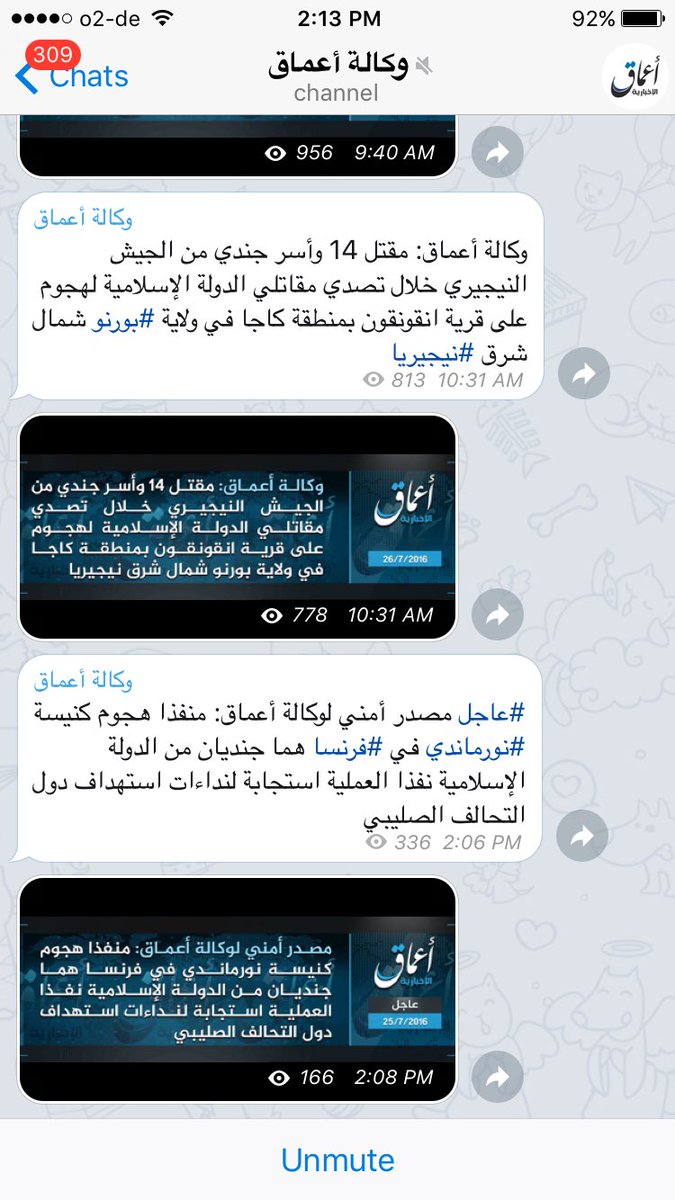
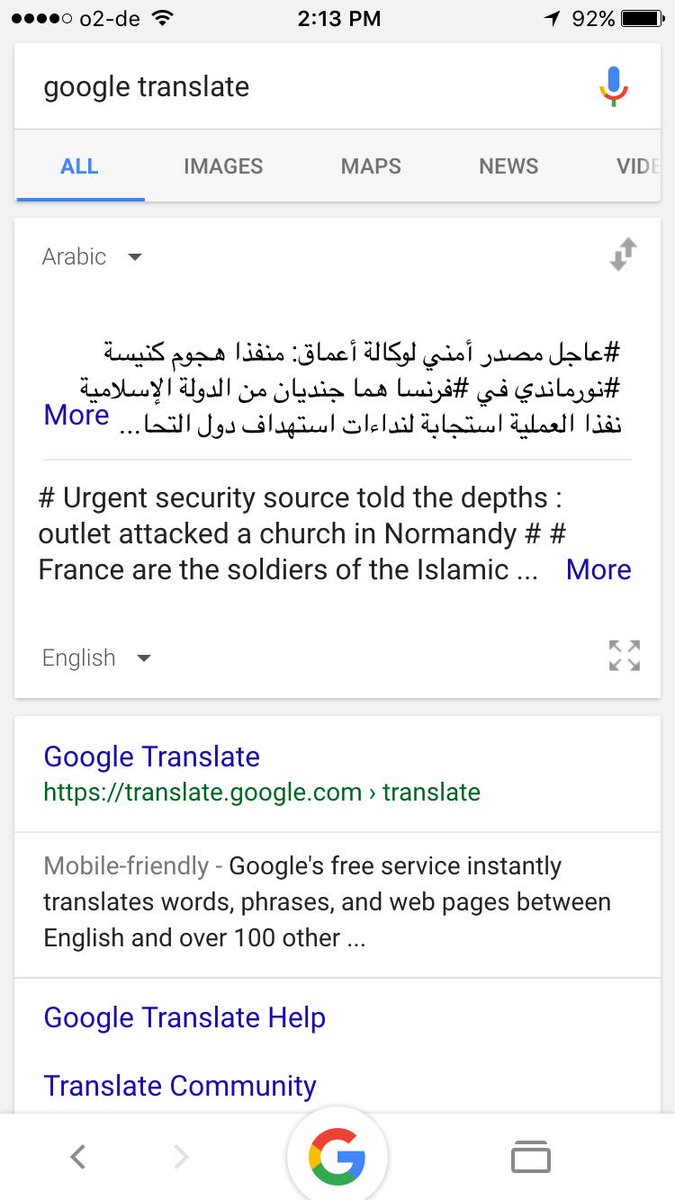

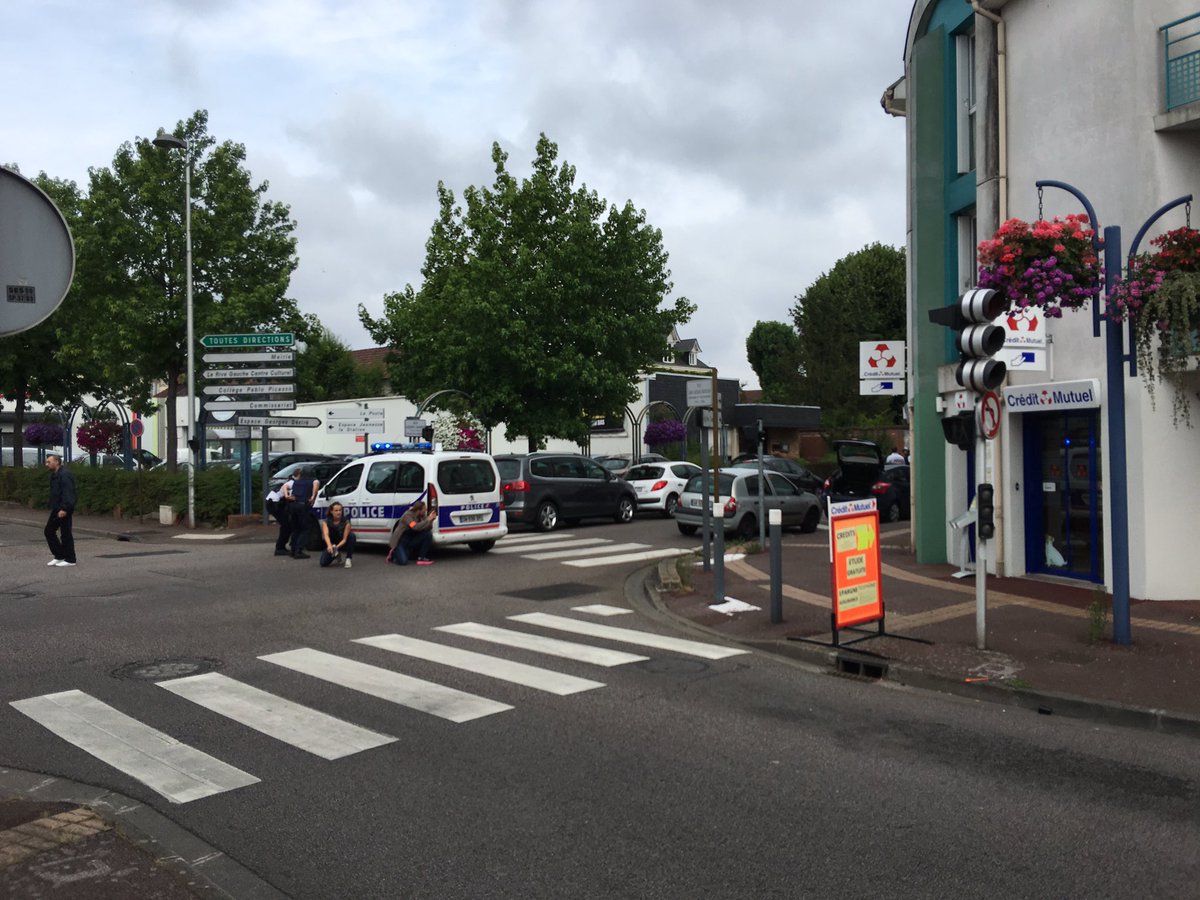
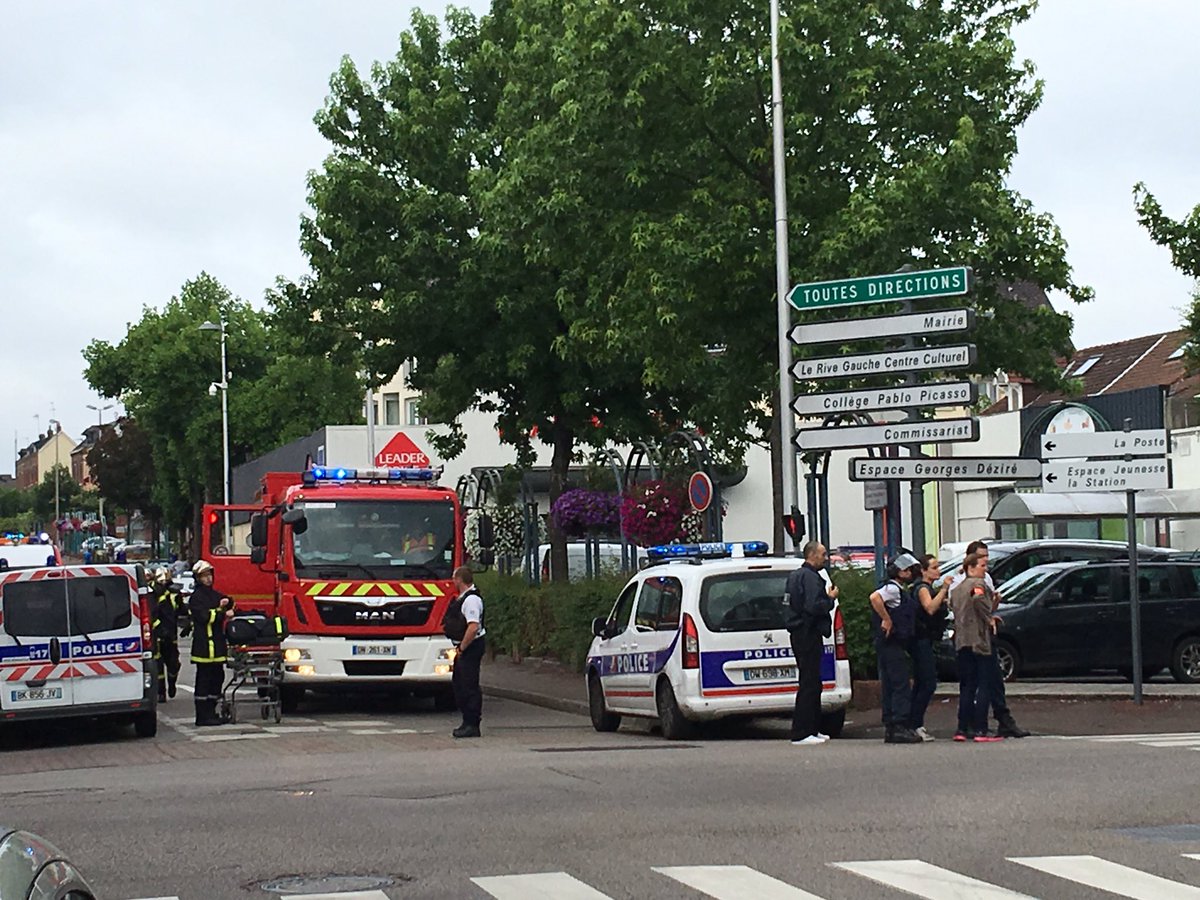
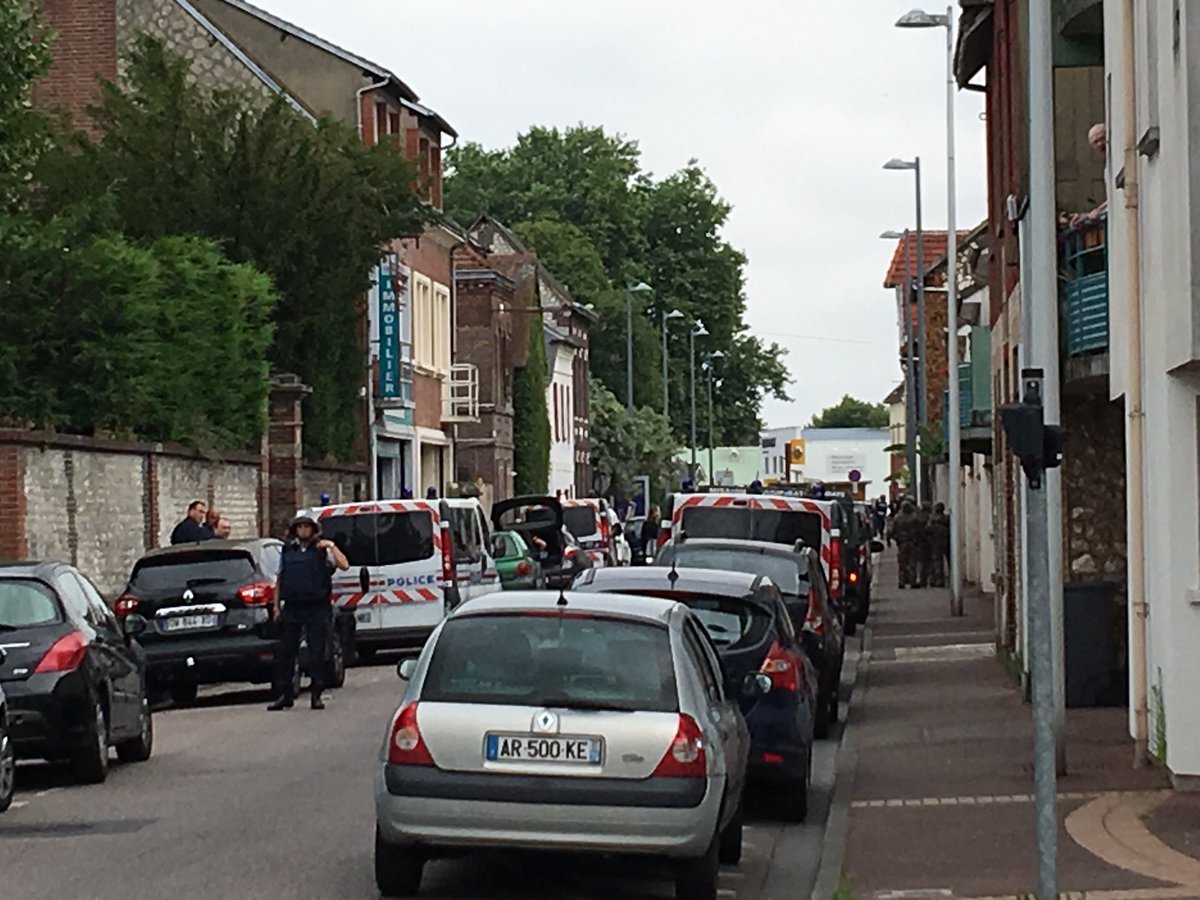
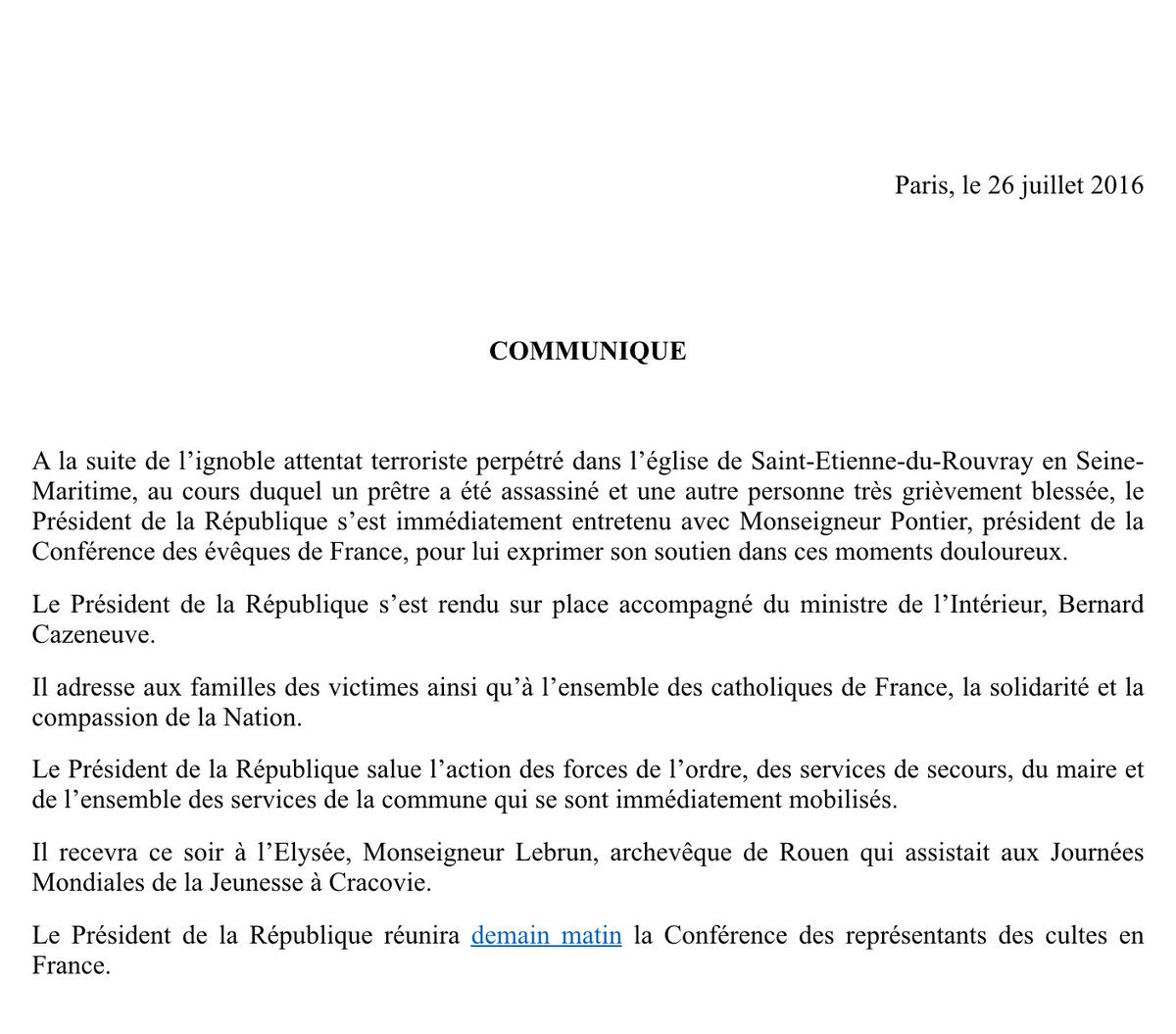 The most recent travel warning issued by the U.S. State Department due to recent terror attacks was for Turkey,
The most recent travel warning issued by the U.S. State Department due to recent terror attacks was for Turkey,